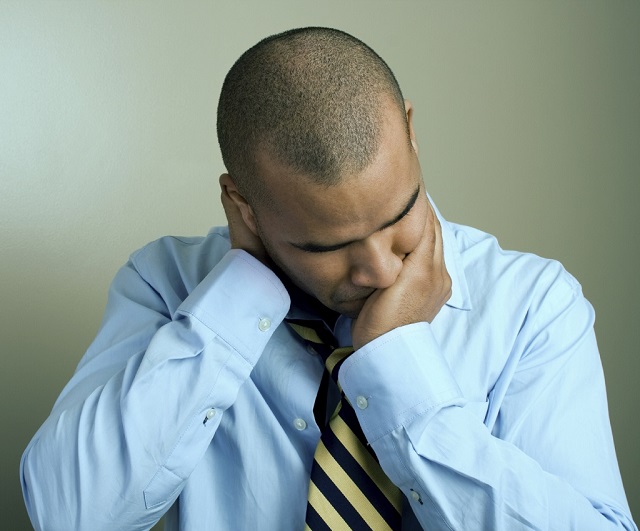TMJ Disorders and Bruxism in Redcliffe

What is Bruxism?
Tooth grinding and/or clenching is also known as Bruxism. A habitual occurrence of both bruxism and clenching can severely affect both your teeth and your TMJ (temporo-mandibular jaw joints).
Bruxism is very common and can be a habit or a deep seated unconscious reflex which happens mostly at night and is often difficult to stop. As part of any dental examination we screen for tooth grinding and signs of tooth wear as if it is caught and treated early, it can prevent devastating tooth loss.
How Can Bruxism Damage My Teeth?
- An increase in sensitivity
- Localised gum recession
- Fractured teeth
- Broken fillings
- Broken crowns
- Uneven rough and sharp surfaces to your teeth
How Does Bruxism Affect the Jaw Joints?
TMD is often characterized by;
- Severe headaches
- Jaw pain of varying degrees
- Waking up in the morning with jaw pain
- Clicking of the right or left side of the jaw
- Pain when opening and closing the mouth
- Locking of the jaw into an open or closed position
- Grinding teeth
- Intermittent ringing in the ears
The vast majority of sufferers are unaware that the root cause of these problems is something that a dentist can effectively treat.
The symptoms of TMD are debilitating and can greatly interfere with everyday life. The comfort and general well-being of the patient is at the heart of the Redcliffe Dental practice, so pain relief is the first consideration of our dentists. We are able to diagnose TMD and devise an immediate plan to treat and manage the condition.
Frequently Asked Questions
What are common symptoms of TMJ disorders and bruxism?
Symptoms include jaw clicking or locking, headaches, worn or chipped teeth, facial muscle soreness, and discomfort when chewing or yawning.
How are TMJ and bruxism treated at Redcliffe Dental?
Treatment options may involve a custom bite splint (night guard), physiotherapy referral, bite adjustments, and restoring worn teeth to balance your bite and reduce strain on the jaw.
Can untreated bruxism damage my teeth?
Yes, chronic teeth grinding can cause enamel wear, cracks, tooth sensitivity and even gum recession. Early diagnosis and intervention help prevent long‑term damage.

